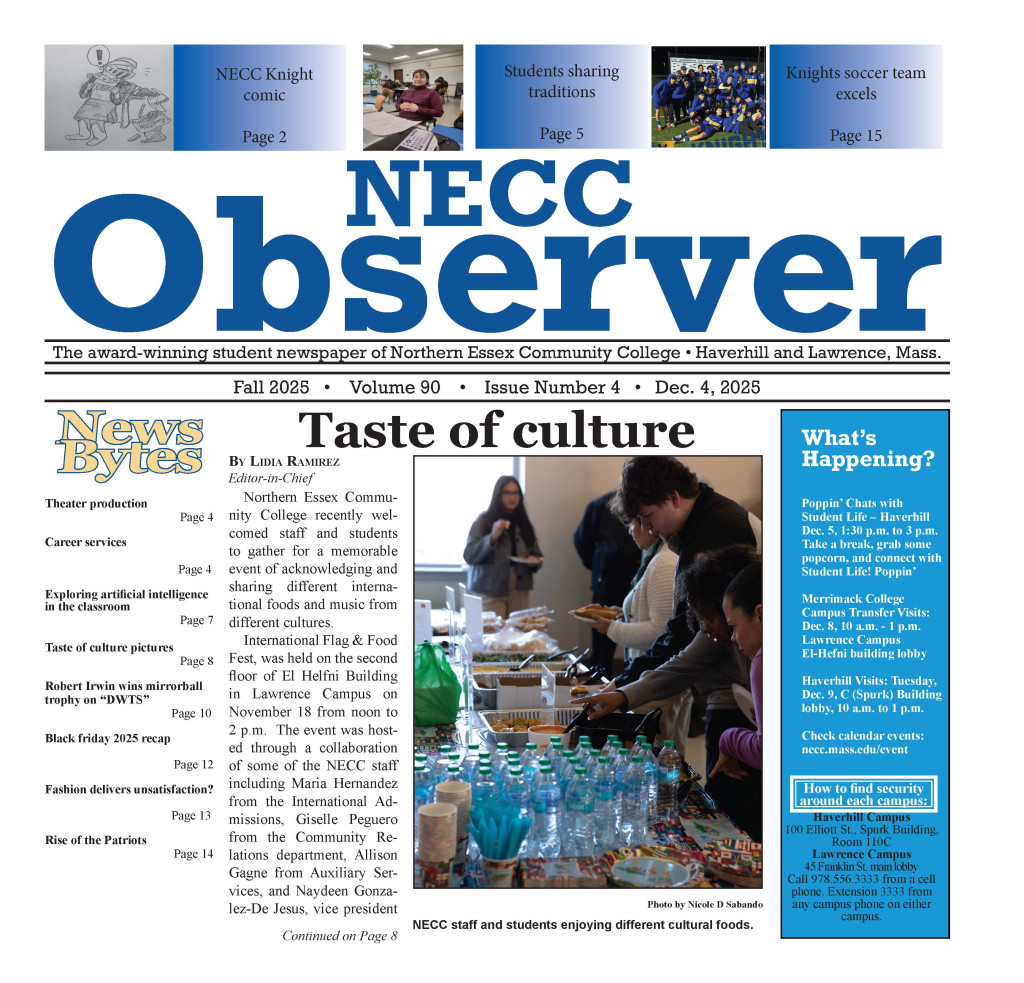
Millions of Americans were left in shock and disbelief as news spread of Donald Trump’s re-election to the presidency, despite facing over 34 criminal charges. The former 45th president, now set to return as the 47th, brings with him a history and agenda that has stirred fear, uncertainty, and deep division across the nation.
Many citizens now feel a sense of helplessness, with emotions ranging from trepidation to outright dread as they contemplate what the next four years might hold.
One of the most pressing concerns among Americans is the potential impact of Trump’s policies on fundamental freedoms and personal security.
For journalists and members of the press, the fear is particularly acute.
Trump has historically taken a hard stance against journalists who challenge his views, often labeling them as “fake news” and publicly targeting individuals and outlets he deems unfavorable.
Many journalists now worry that press freedoms may be further eroded, with critical voices facing increasing risks of suppression or reprisal.
Women, LGBTQIA+ individuals, and minority groups are among those most fearful of what Trump’s policies could mean for their rights and protections.
Jasmine Dionne, a student at Northern Essex Community College, shared her own anxieties, saying, “I am deeply concerned that once he is in office, our rights to access birth control, Plan B, condoms, and other contraceptives may be restricted.
The removal of birth control, in particular, could severely impact our physical and mental health, exacerbating issues such as mood swings, menstrual pain, and emotional regulation.”
Dionne also expressed fears about the future of her education. “I fear that my associate’s degree might be the highest level of education I achieve. After four years, I may not have the free time to pursue a master’s degree. It appears that the (incoming) administration prioritizes the wealthy and shows little regard for the public school system or the needs of the poor and middle class.”
Tessa Christina Fiszer, another student, voiced her concerns: “We’ll face a nationwide ban on life-saving medical procedures, a huge loss of public welfare programs resulting in everything from minor inconveniences to deaths of innocents, and relentless bullying from those for whom these policies are impersonal. As a student of the social and political sciences, I’m frustrated and disheartened to my core that this is the world I live in. I wonder what I’m even doing here. The majority of this nation put their implicit sexism ahead of my personhood.”
Trump’s plans for mass deportations have particularly unsettled immigrant communities and their allies, who worry about the prospect of families being separated and individuals facing uncertain futures. Trump has promised to enforce stricter immigration laws, pledging to “restore law and order” through heightened enforcement measures. However, critics argue that these actions could lead to widespread disruptions in immigrant communities, economic instability, and increased hostility against minorities.
For many, these concerns extend beyond policy specifics to personal fears.
“It’s devastating. I fear for my friends and family,” said Tristan Taylor, another student at Northern Essex Community College. “As someone with asthma, the very thought that my health insurance could either be stripped or go up in price because of a condition I was born with is terrifying.”
Taylor also highlighted the shift in public sentiment, saying, “The amount of hate I’ve seen has skyrocketed. It truly seems like this election brought out the worst in people.”
Although Trump has made pledges to address economic issues, such as lowering inflation and reducing gas prices, many of his proposals appear at odds with these goals.
Economic experts have questioned the feasibility of some of his plans, pointing out that his administration’s proposed budget cuts and trade policies could have unintended consequences on the working and middle classes.
Additionally, his proposed cuts to federal programs could further strain public resources and reduce support for families struggling to make ends meet.
Despite promises of economic recovery and a return to “American greatness,” Trump’s re-election has brought a wave of anxiety and introspection to the country. Many wonder whether their voices will be heard, whether their rights will be safeguarded, and whether their children will inherit a nation built on tolerance and freedom.
As the nation braces for another term under Trump’s leadership, Americans are left questioning the future of democracy, civil liberties, and the values they hold dear.
This new chapter in American history begins under a cloud of uncertainty, as a divided nation looks to the years ahead with cautious hope—and a great deal of trepidation.
Please if at any time you need someone to talk to reach out.
IF YOU ARE IN CRISIS, PLEASE DIAL 9-8-8
Northern Essex Community College Counseling
counseling@necc.mass.edu or 978-556-3730
Located on campus : Haverhill – SC212 and Lawrence – L115.
Additional Resources:
● National 24 hour support services
● Crisis text line – text, START, to 741-741
● Samaritans – 877-870-4673, call or text
● National Suicide Prevention Lifeline – 988
● United Way Emergency Community Social Services 877-211-6277
● Western Mass Local Support:
wildfloweralliance.org
● Trevortifie: + 866-488-7386
● Trevor Project Website:
thetrevorproject.org
● Lifeline Chat – Anyone who is depressed, going through a hard time, needs to talk, or is thinking about suicide can use the chat. The chat counselors are available to listen and support you through whatever difficult time.
https://chat.988lifeline.org/

